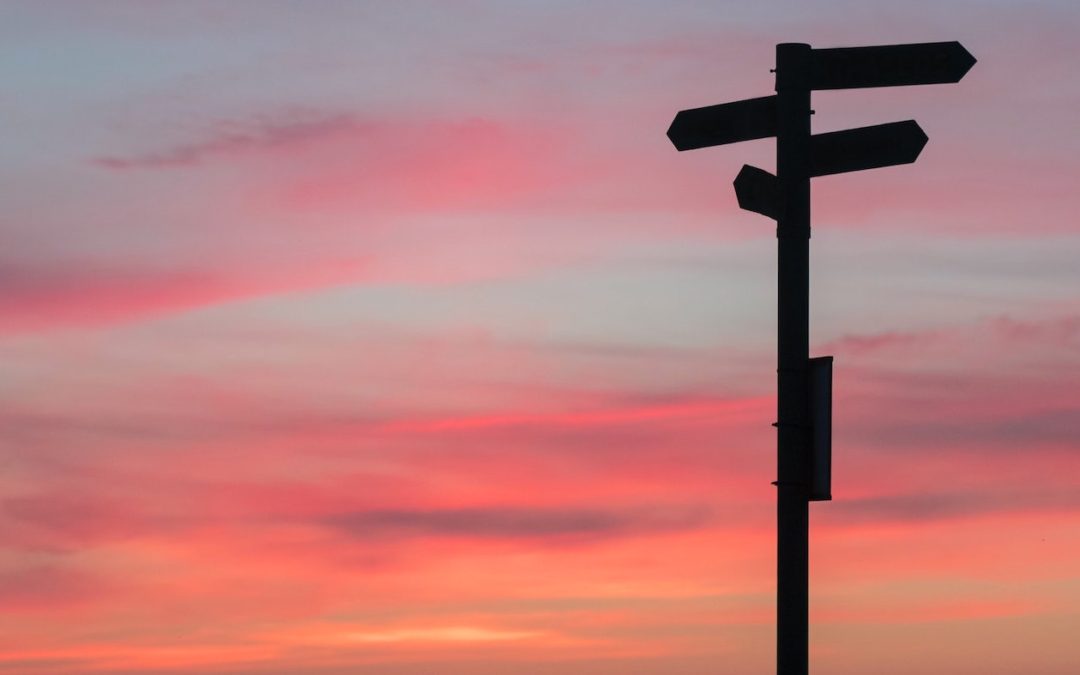
My Journey Towards Mindful Living: Part I
Getting the Ball of Insight Rolling
I first heard the term “mindfulness” around five years ago, sometime in my early-to-mid thirties. I don’t remember the exact context in which I heard it — perhaps it was in a yoga class — but, at the time, the term did not evoke any sort of memorable feelings within me. I didn’t really understand what it meant and I just put it aside with a thousand other notions without giving it much thought. Admittedly, I am not known for my memory, and it’s certainly possible that I may have encountered the term mindfulness prior…maybe in my late teens or early twenties. Perhaps I came across it in one of my high school World Religion courses, when we covered Buddhism, or in reading Siddartha for my college literature class and the ensuing discussion. Whatever the case, the point is that mindfulness, the concept of mindful living, the idea of having a daily mindfulness practice and all that it entails was not in any way a significant part of my life until just two short years ago.
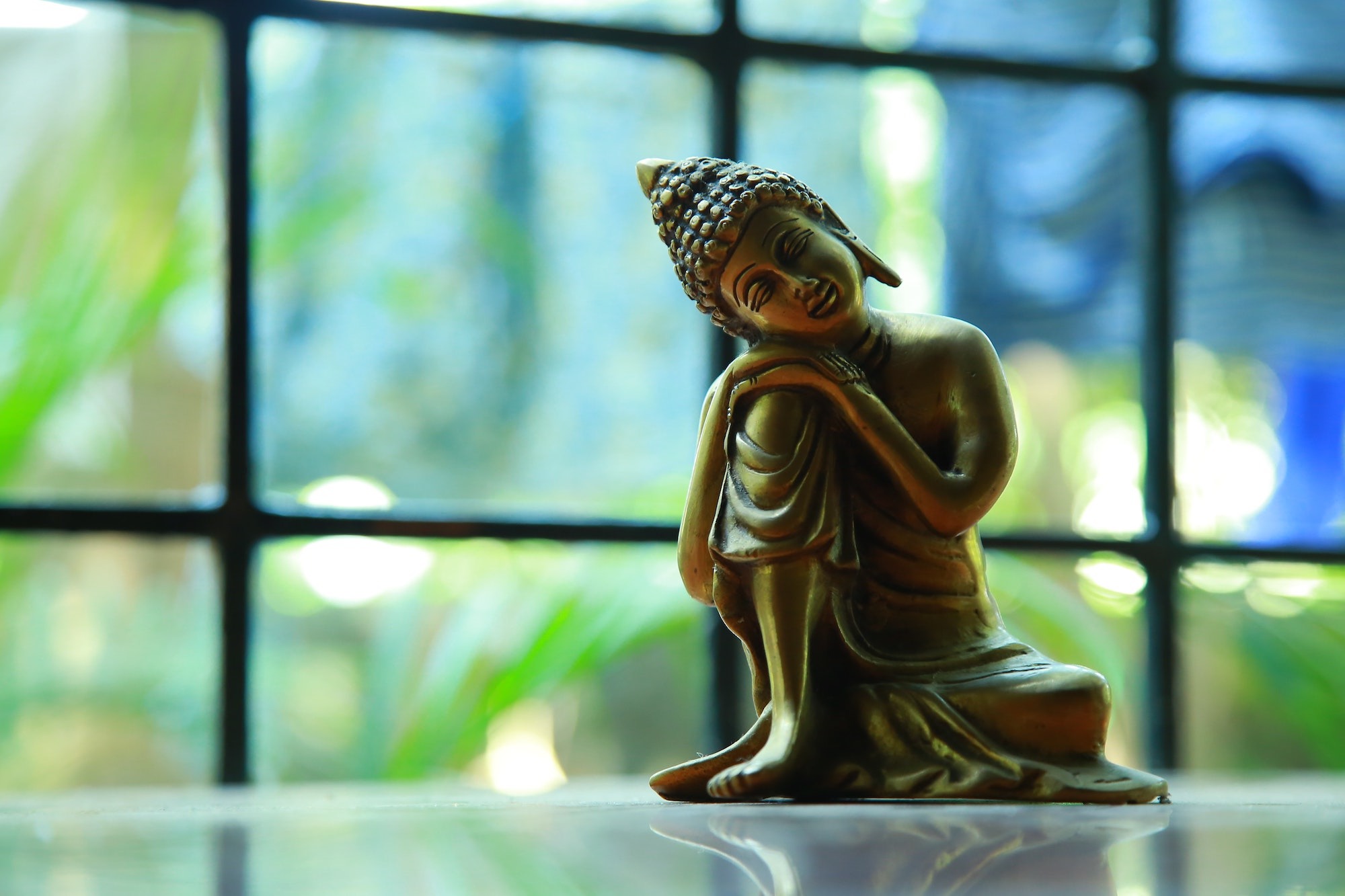
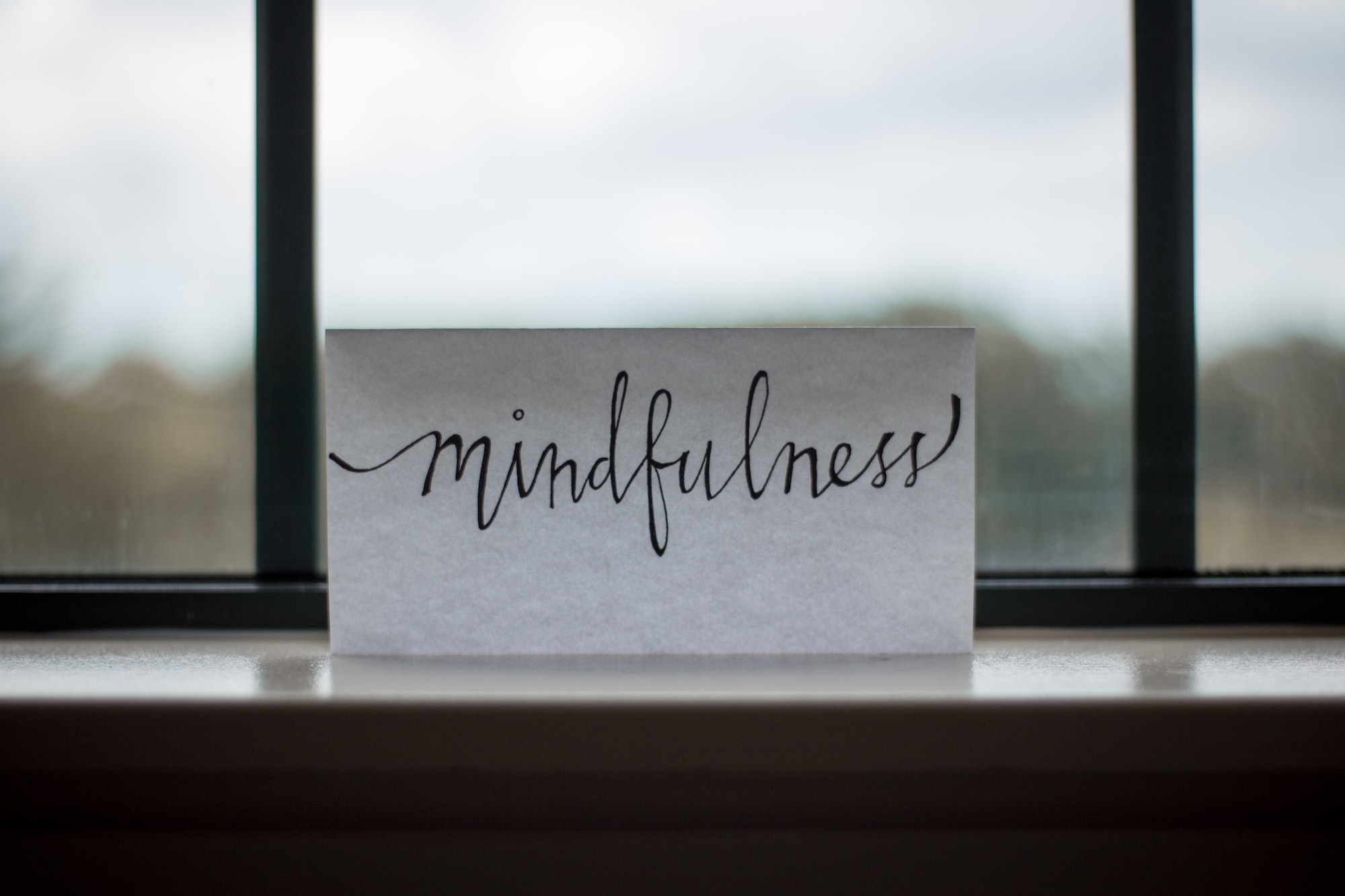
Having spent the better part of my twenties in a near-constant state of confusion and distress — a result of a persistent disillusionment with the choices I made and the outcome of said choices on my life, and also of a certain amount of emotional dissonance and lack of self-knowing — by the time I found myself in my early thirties, I felt genuinely exhausted by all the questions I had and the lack of answers. I was sick and tired of not knowing what I should pursue in life. I was done with feeling unfulfilled and trapped by every choice I made about what direction my life should take. I was beaten down by my need to always put others before myself and go out of my way to please them, to make them comfortable, to do what they thought I should be doing…after all, they seemed to have their shit together and therefore, they must know better. In short, I was not happy and I was getting really bloody tired of it.
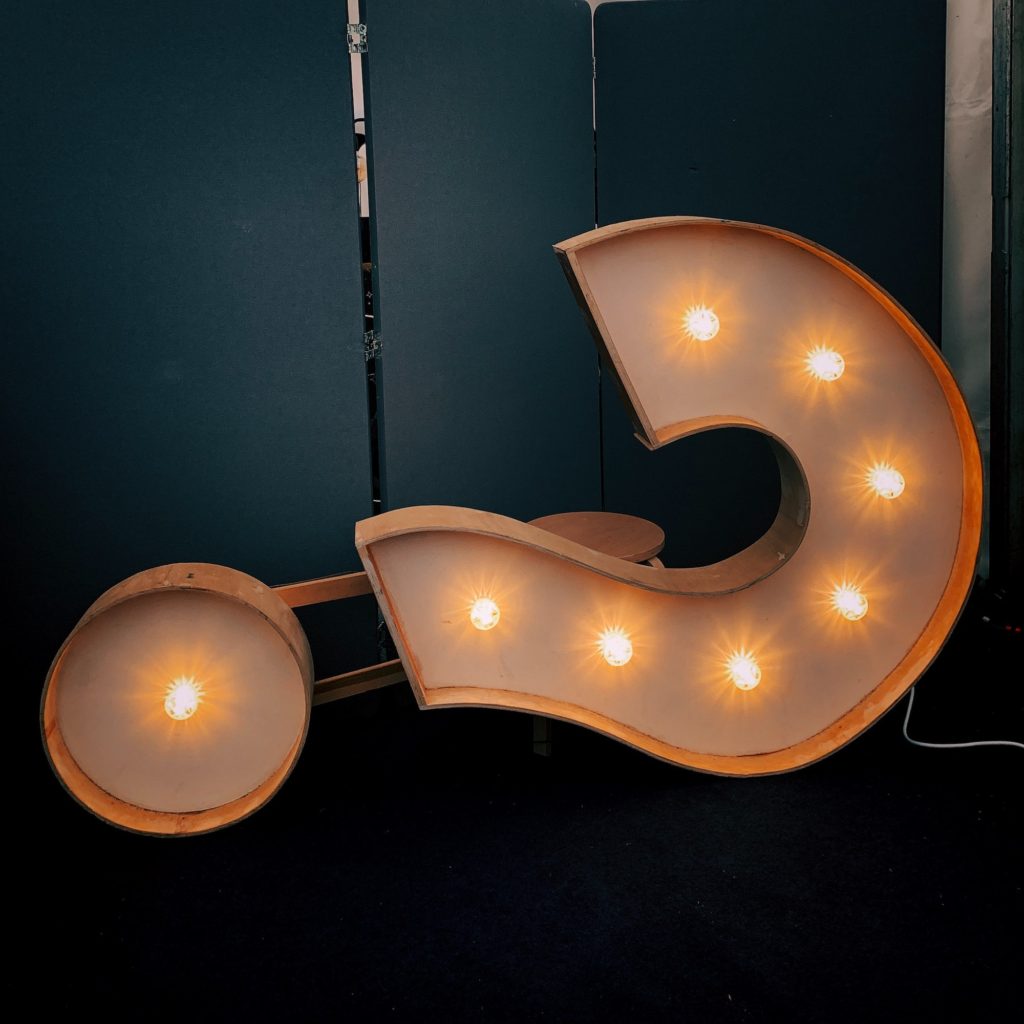
Questioning what I truly wanted in life ultimately led me to mindful living.
More tragically, I did not know who I was or what I truly wanted my life to look like and, more importantly, feel like. I had never before taken the time to ask myself these questions and to answer them honestly. I was completely disconnected from my authentic self and my unapologetic truth. Nor had I ever given myself the space to just sit with my true self and explore what that felt like, what I really cared about, what my essential, core values were, what I wanted to prioritize in my life, what my ideal life might look like. I had no insight into my authentic identity and a complete lack of awareness around my value, my inherent worth and the undeniable power I had to change anything and everything in my life. I was often reminded of a scene from the holiday hit film, aptly titled The Holiday, where Kate Winslet’s heartbroken character is told by her friend and mentor that she is not acting like the leading lady of her own life and she responds with “you’re supposed to be the leading lady of your own life for god’s sake”. I inherently knew this to be true about myself and I wondered why I couldn’t make that change and just take charge as the leading lady of my life.
” Those are the key moments in the process of personal discovery, of transformation, and they are the moments when turning to mindful practices and mindful living can make all the difference on this novel journey you suddenly find yourself on.”
Then, I found yoga…or perhaps yoga found me, and through it I began a slow process of painful but much needed personal inquiry. This self-reflection brought me new insight into myself, and once that ball of insight and awareness got rolling down the hill, well, there was absolutely no one and nothing that was going to stop its momentum. There was no way I was going to be pushing that ball back up the hill, even though there were times in this process of self-discovery and transformation, of acceptance and surrender, that the urge to do so was almost overpowering. Change is funny like that…it is so necessary, inevitable really, but it can also be so uncomfortable and the fear it provokes can, at times, be paralyzing. It’s in those moments that self-doubt, limiting beliefs, lack of self-love, guilt and even shame start to creep back into all those dark spaces where you still haven’t fully accepted your truth and embraced your power. They push you to revert to old patterns, to return to your “comfort zone”, all the while insisting that change is unsafe, that exploring a new reality for yourself and your life is just too risky. Those are the key moments in the process of personal discovery, of transformation; and they are the moments when turning to mindful practices and mindful living can make all the difference on this unexpected journey you suddenly find yourself on. At least, that is what happened in my case…and it did, indeed, change everything.
Written By Camila
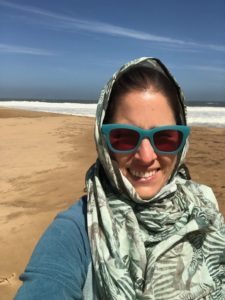
Seeker, Storyteller and Mindful Traveler

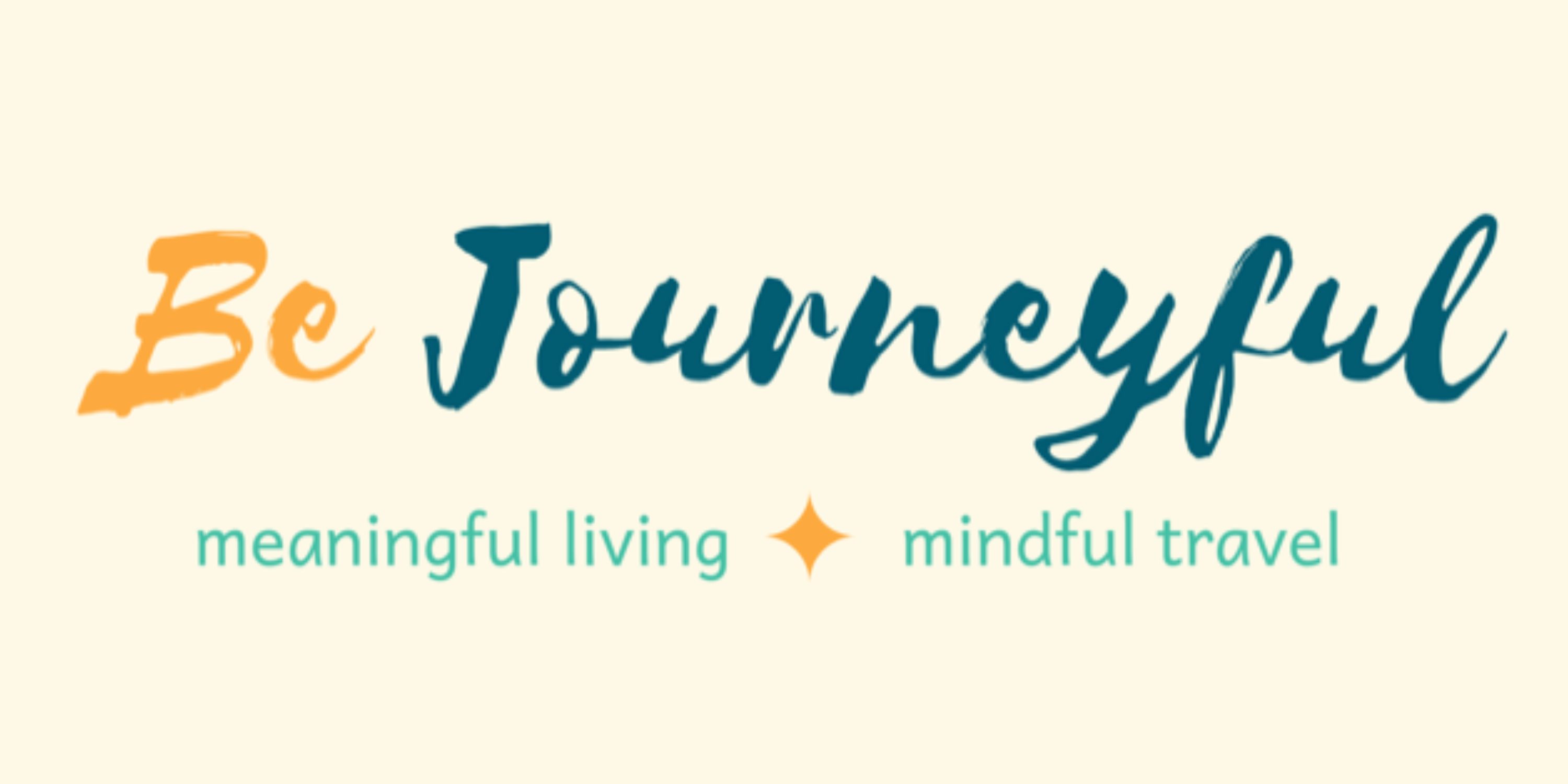
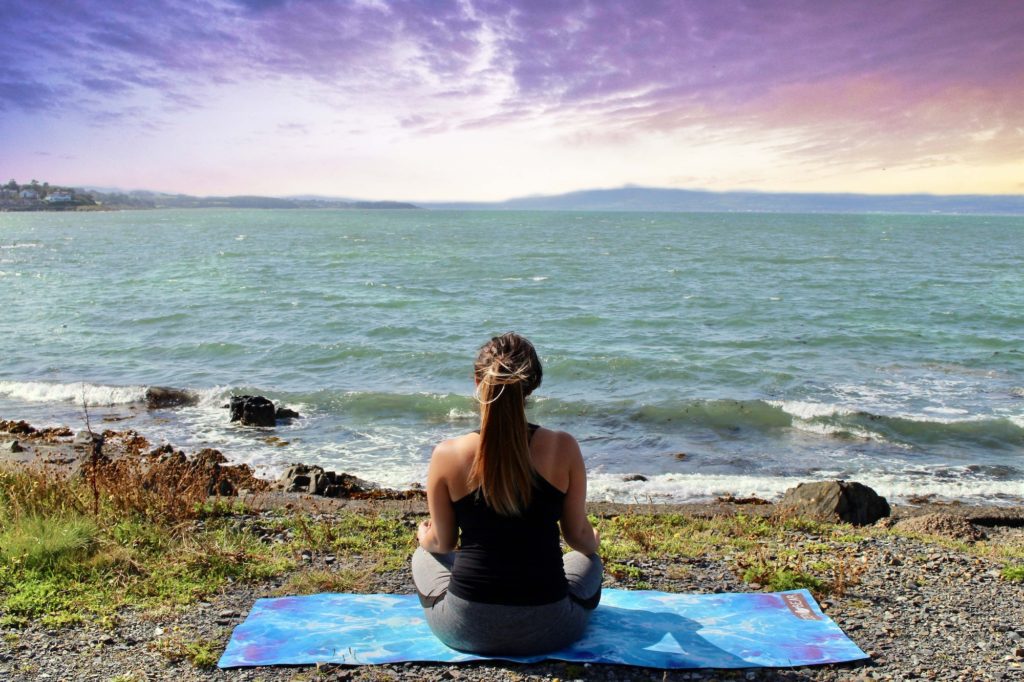
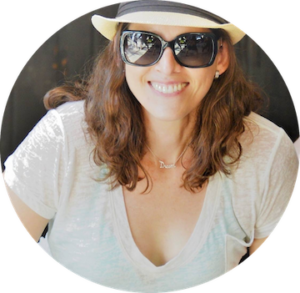
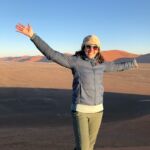

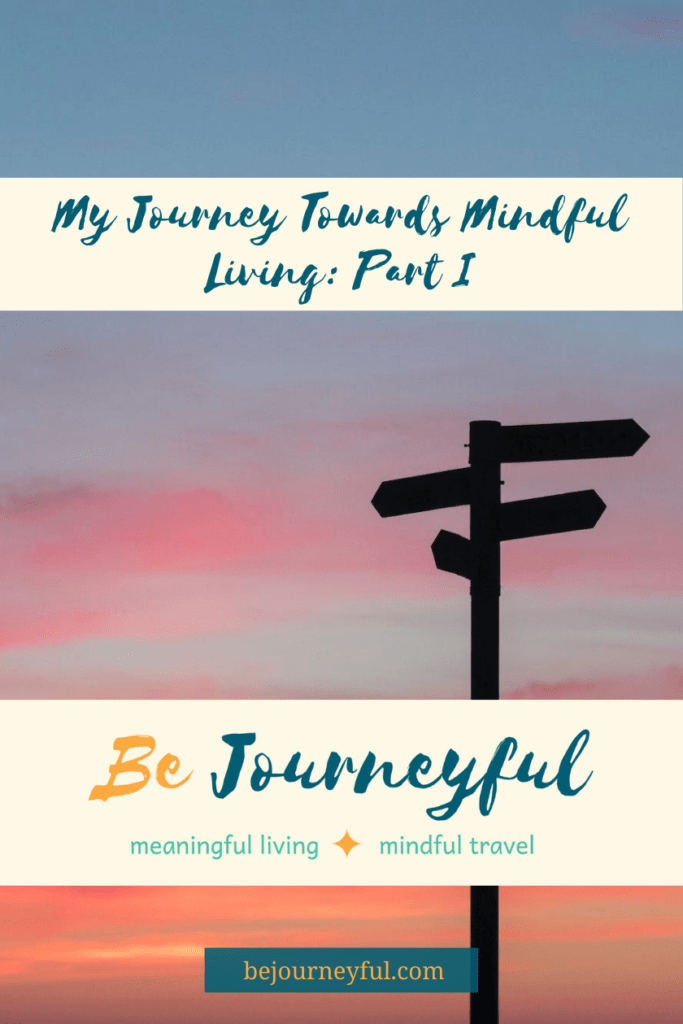
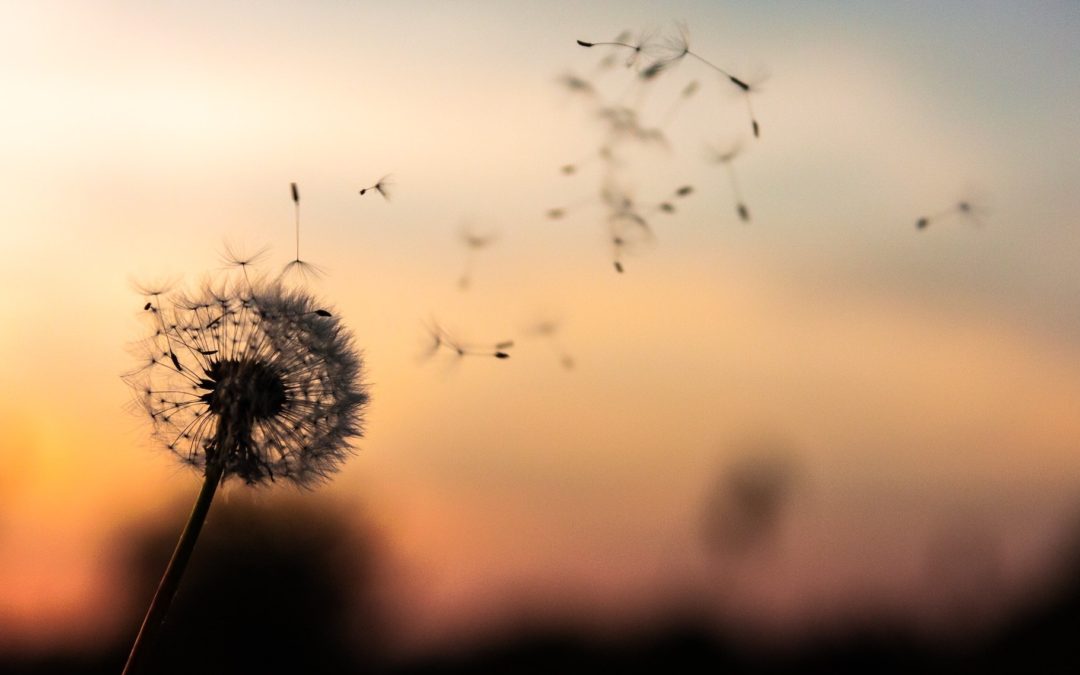
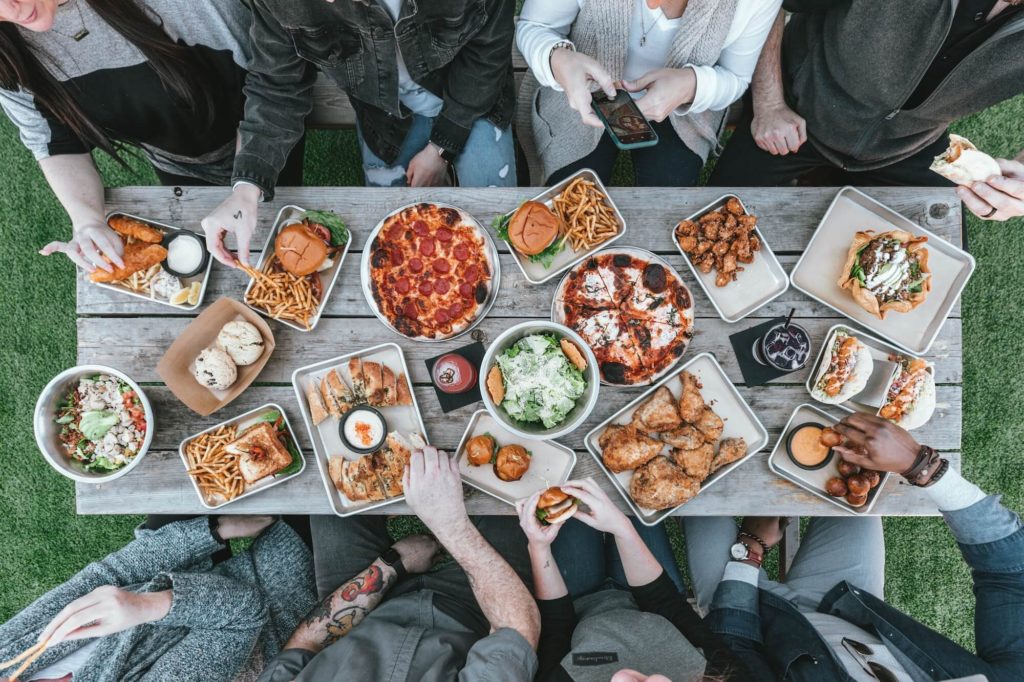
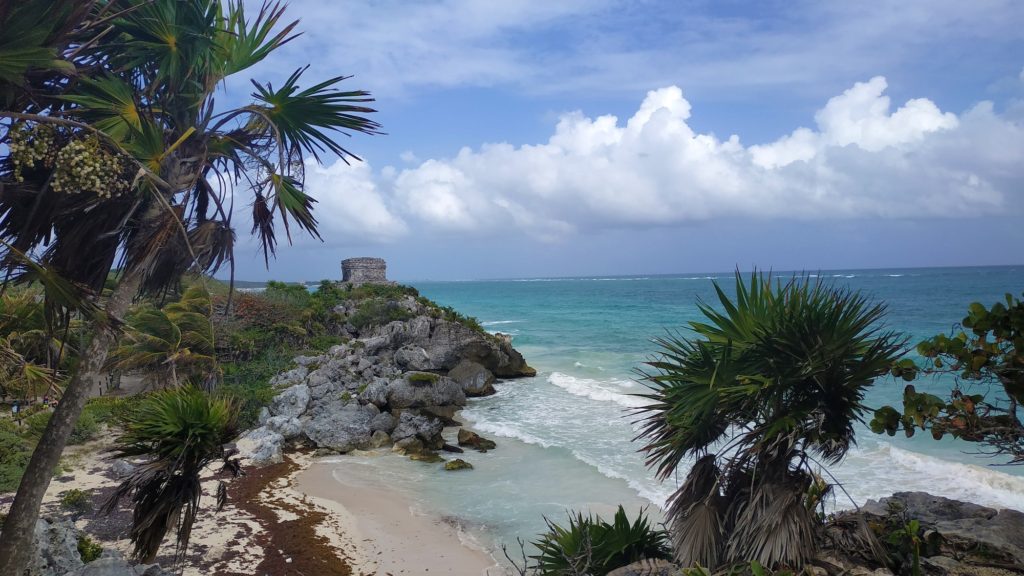
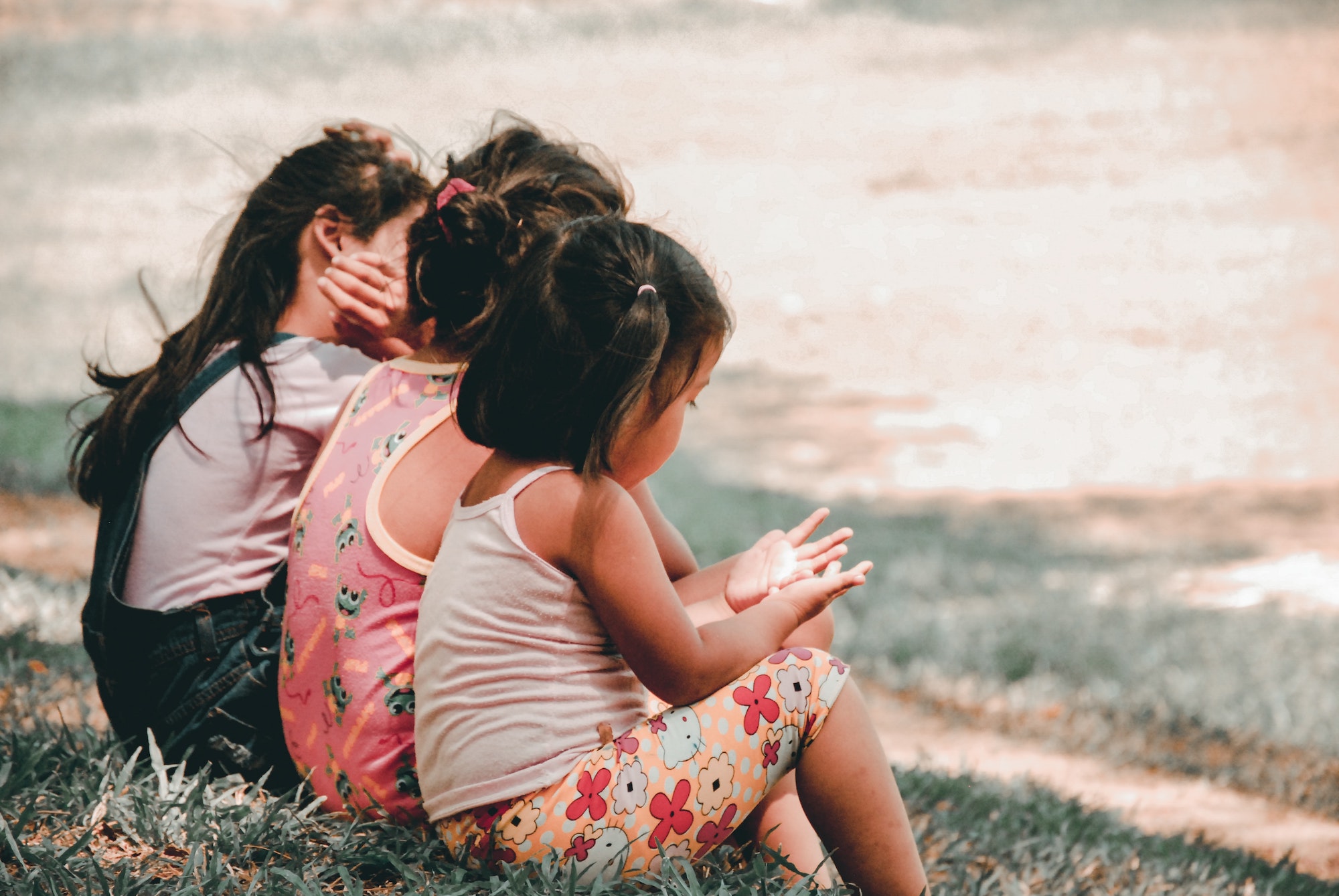
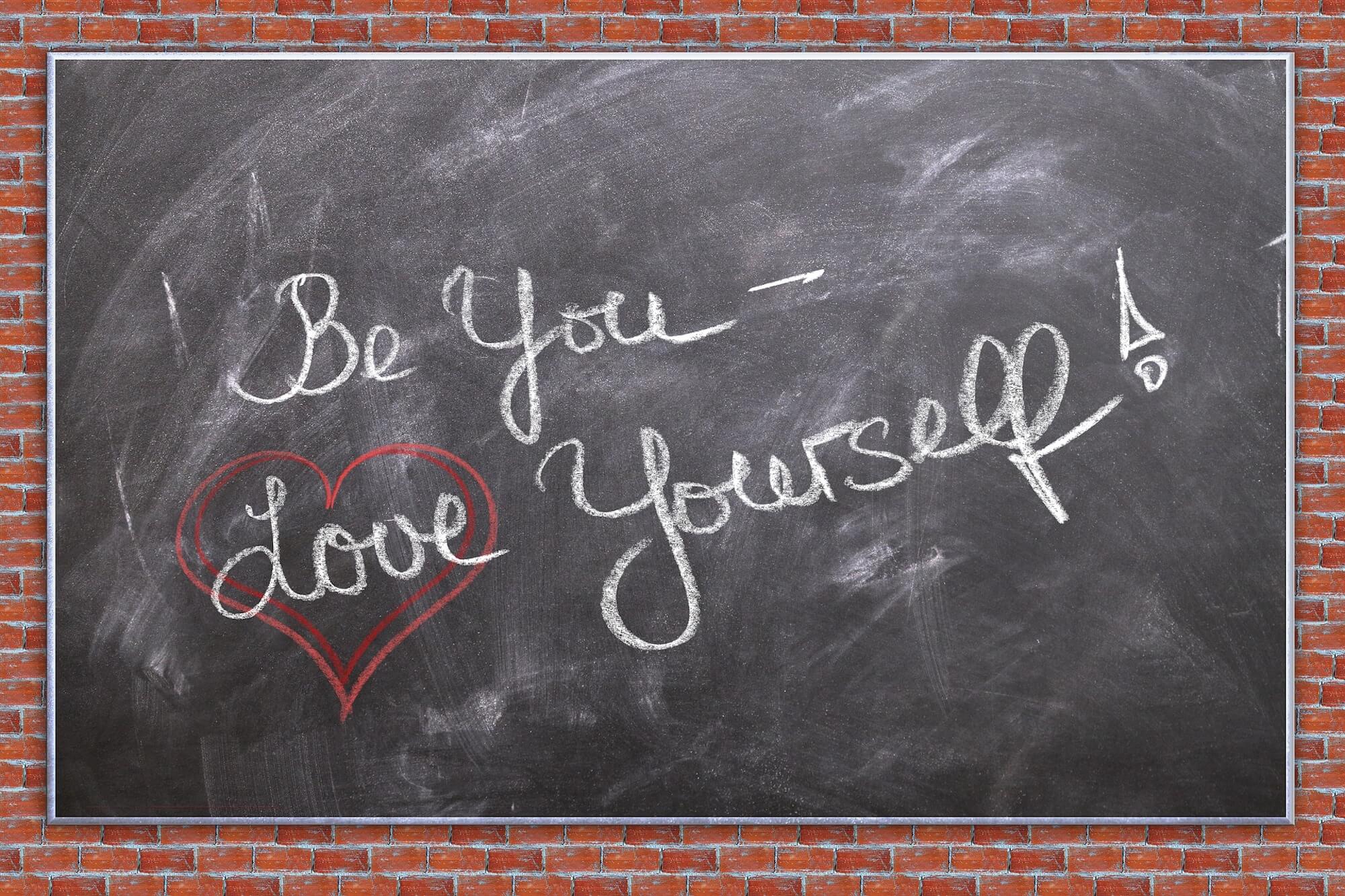
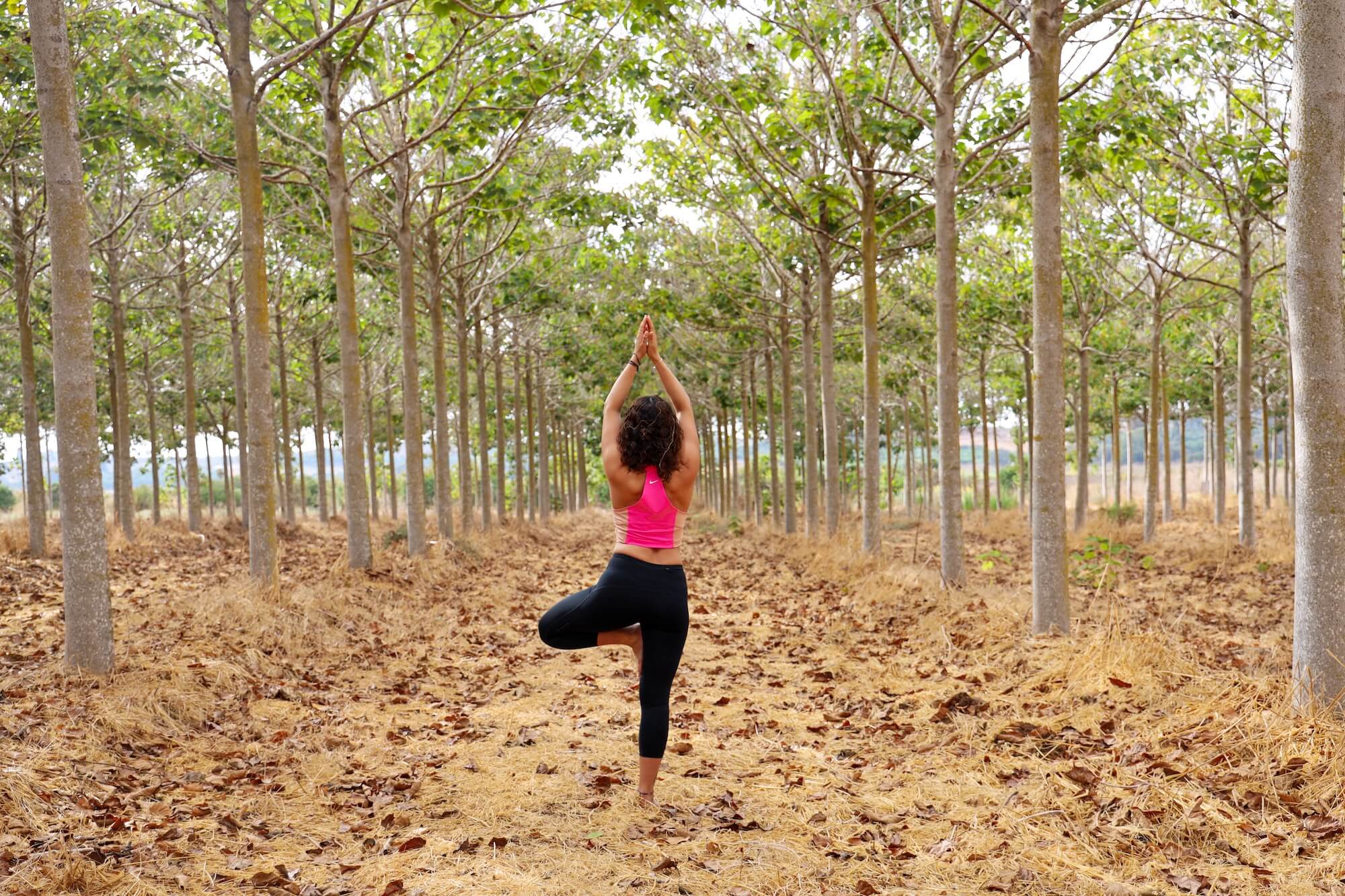
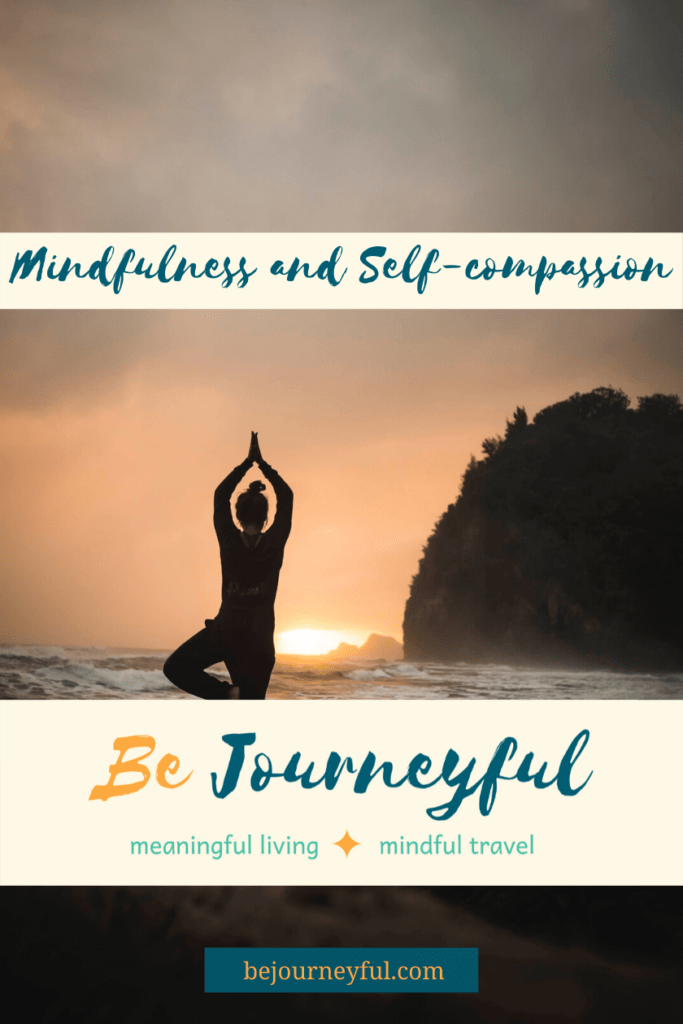
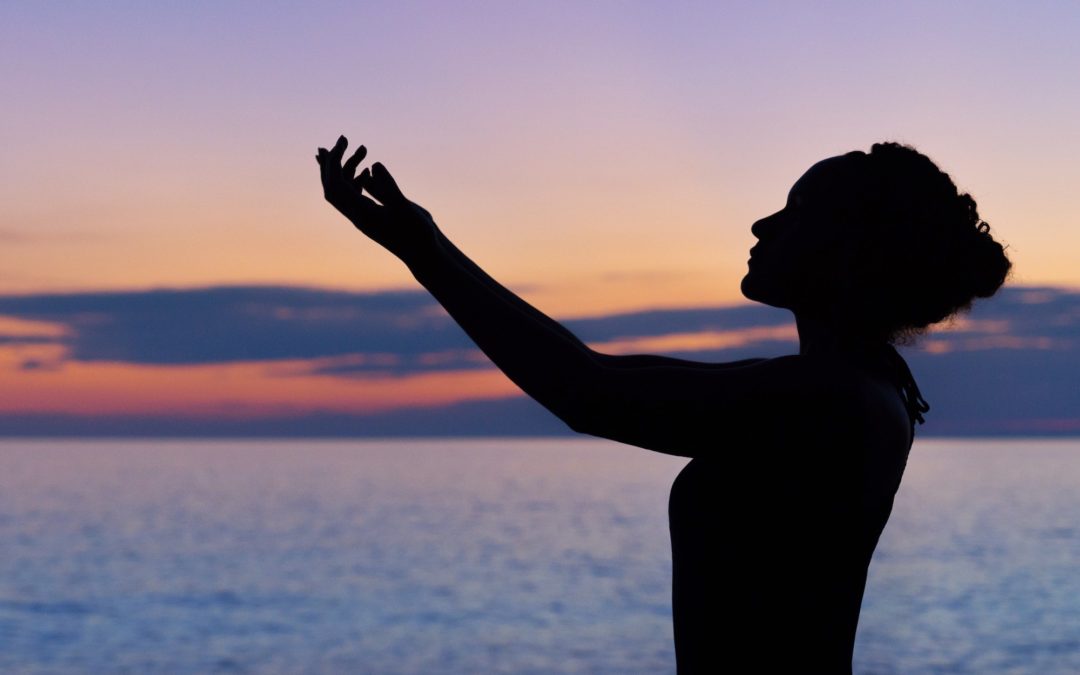
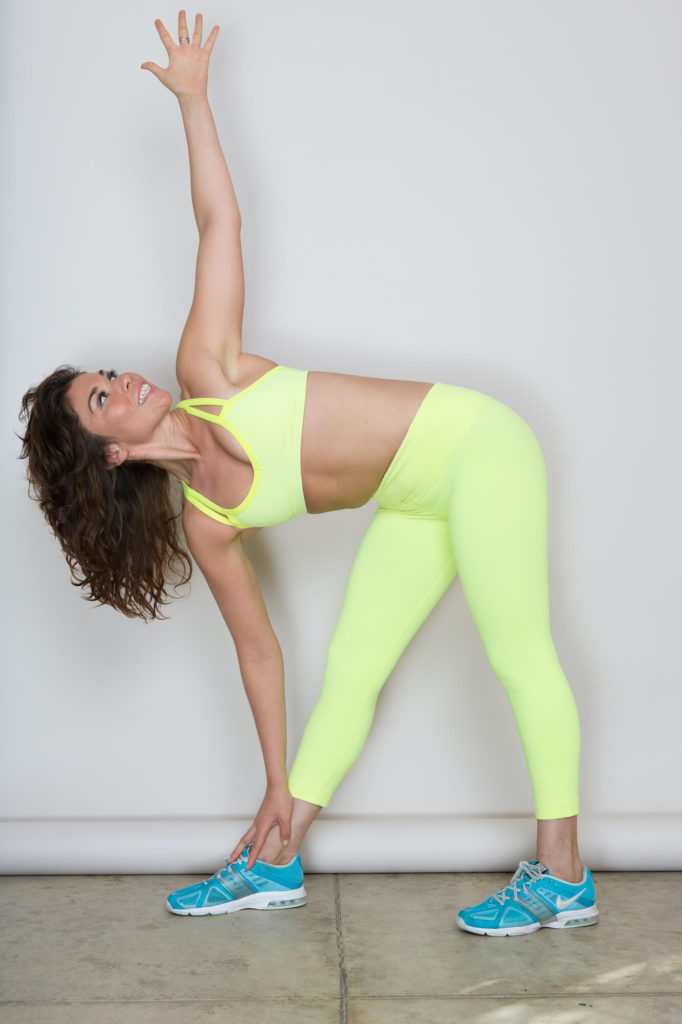
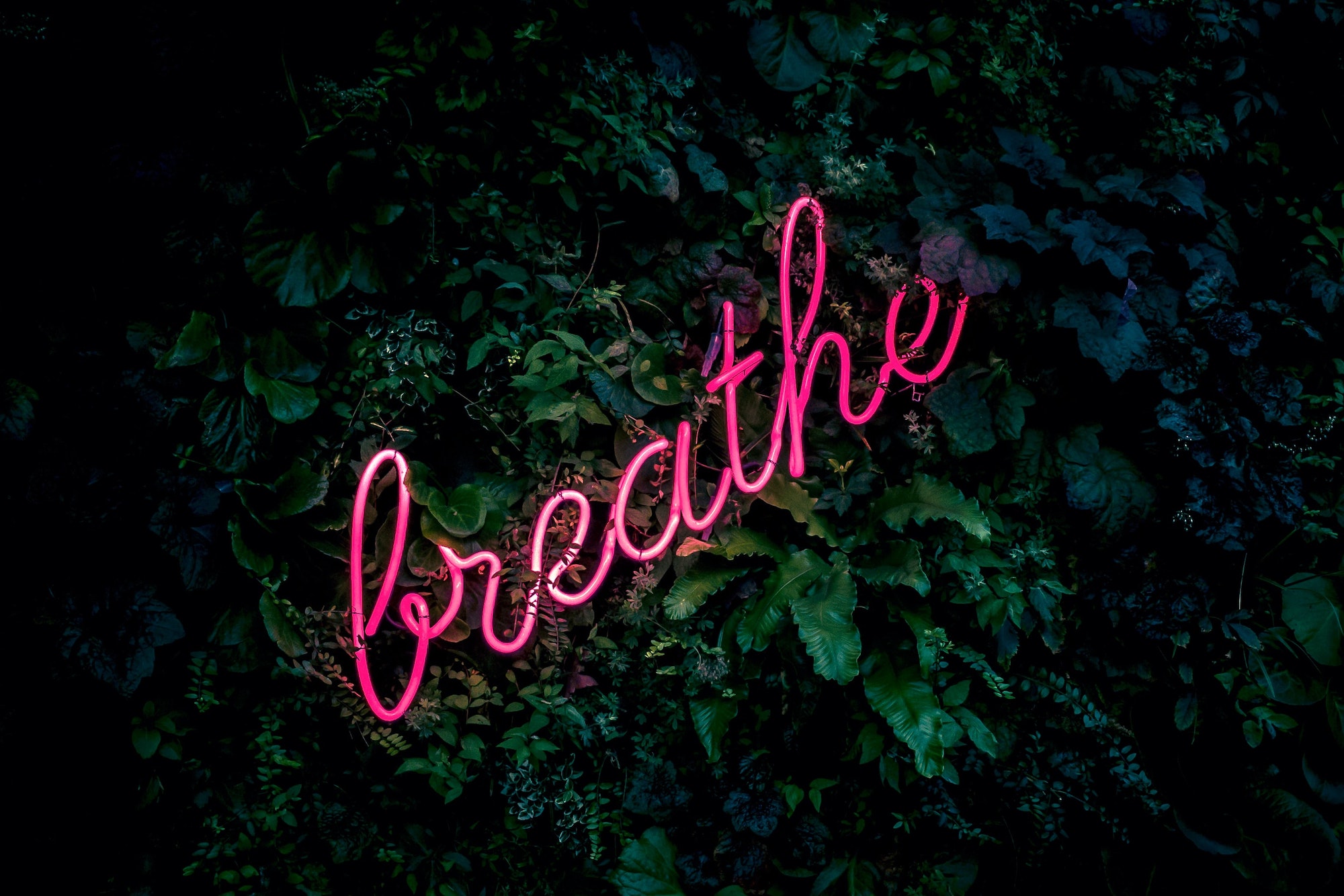
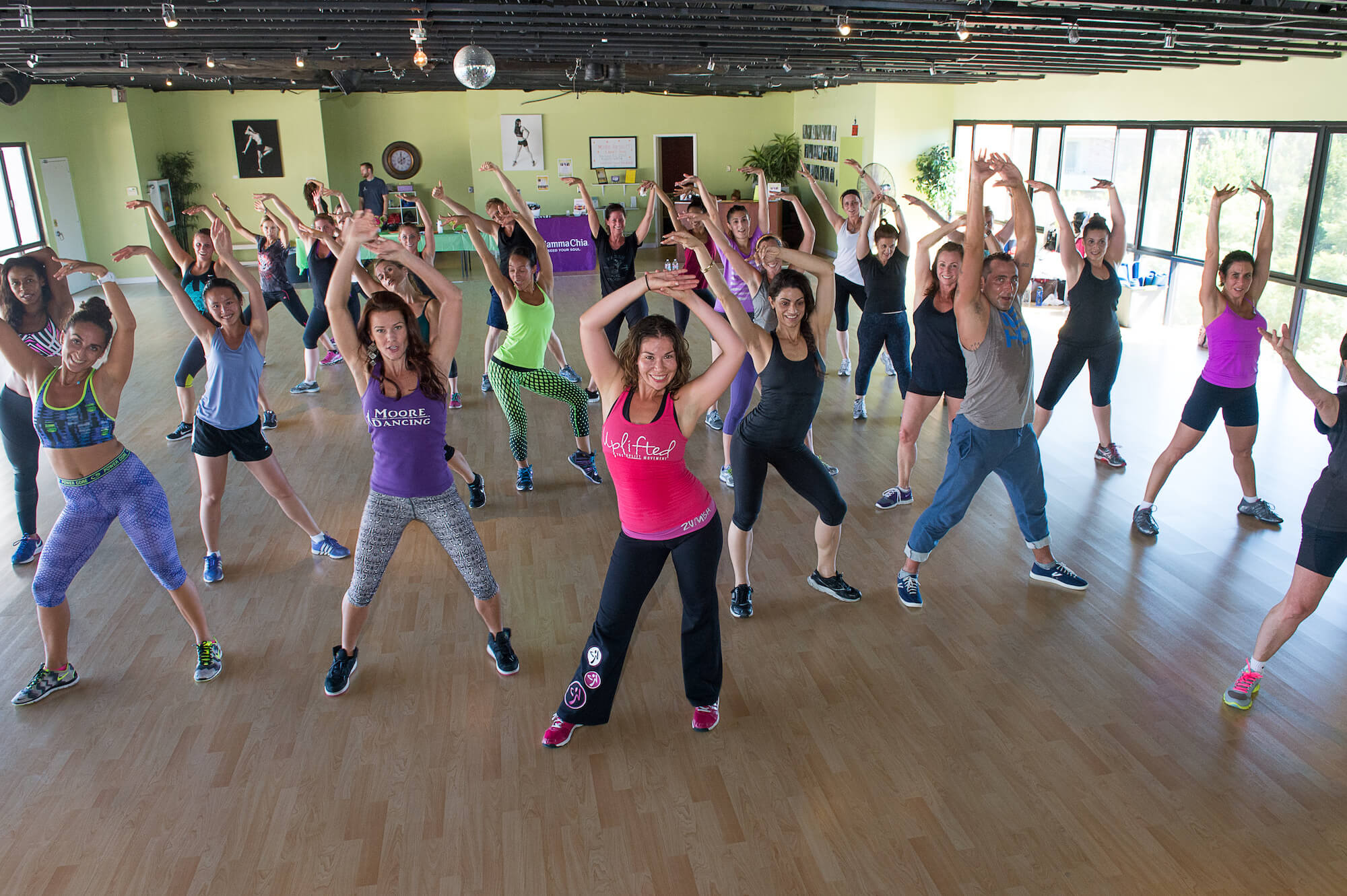
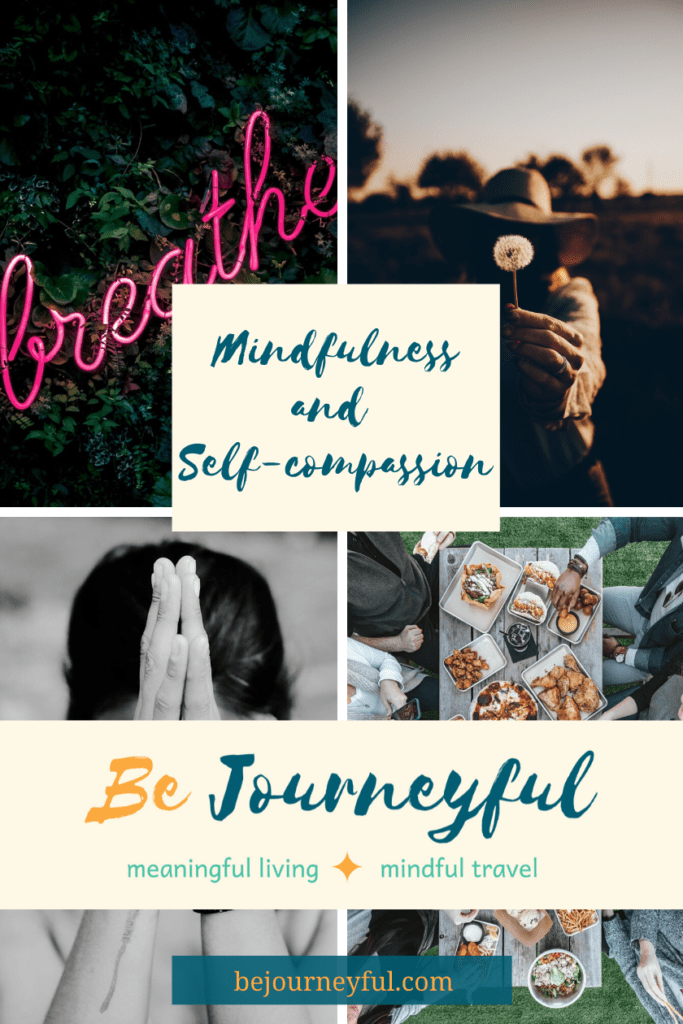
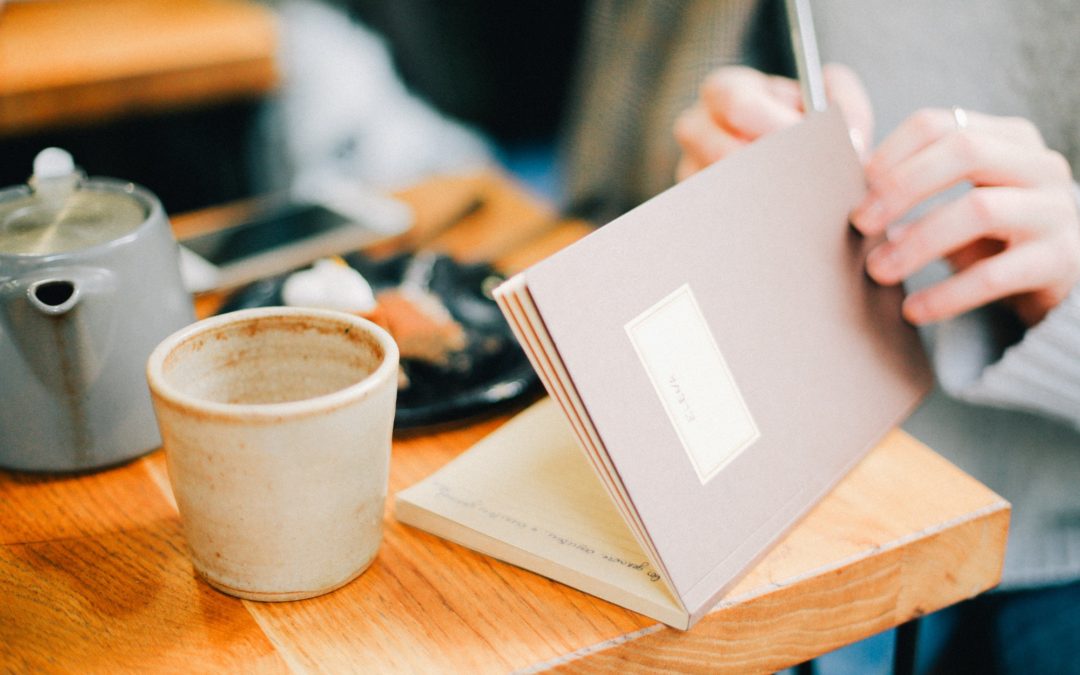
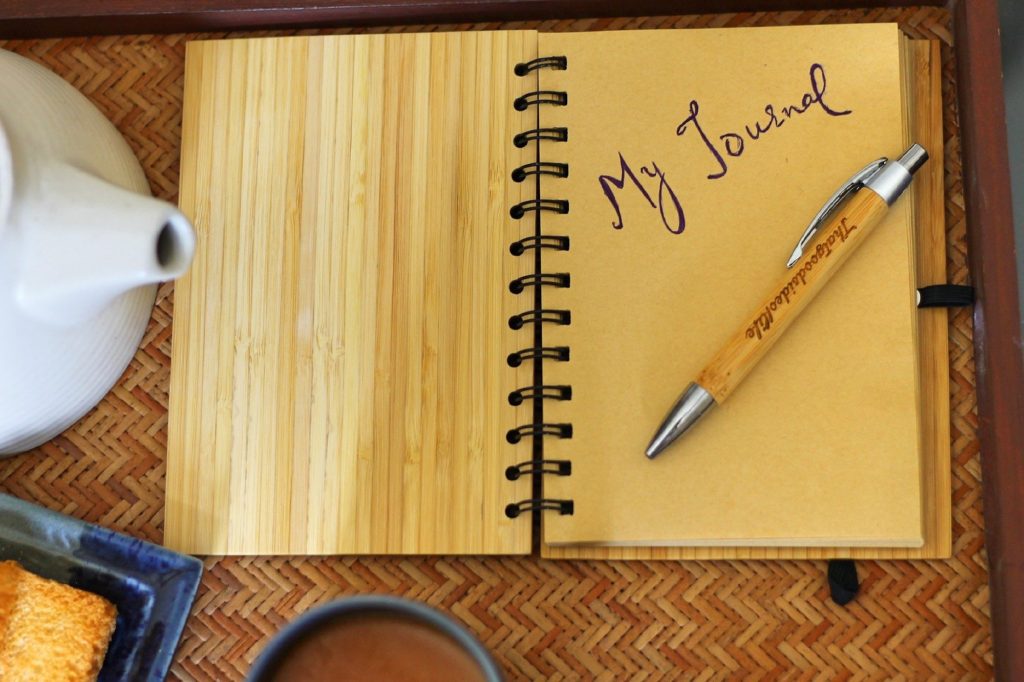
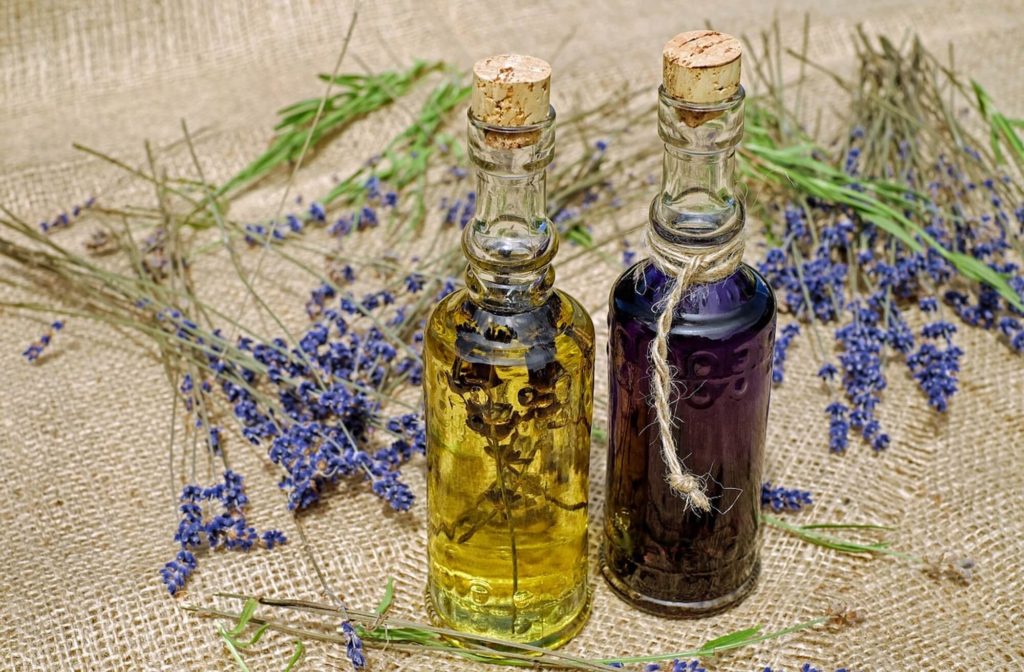
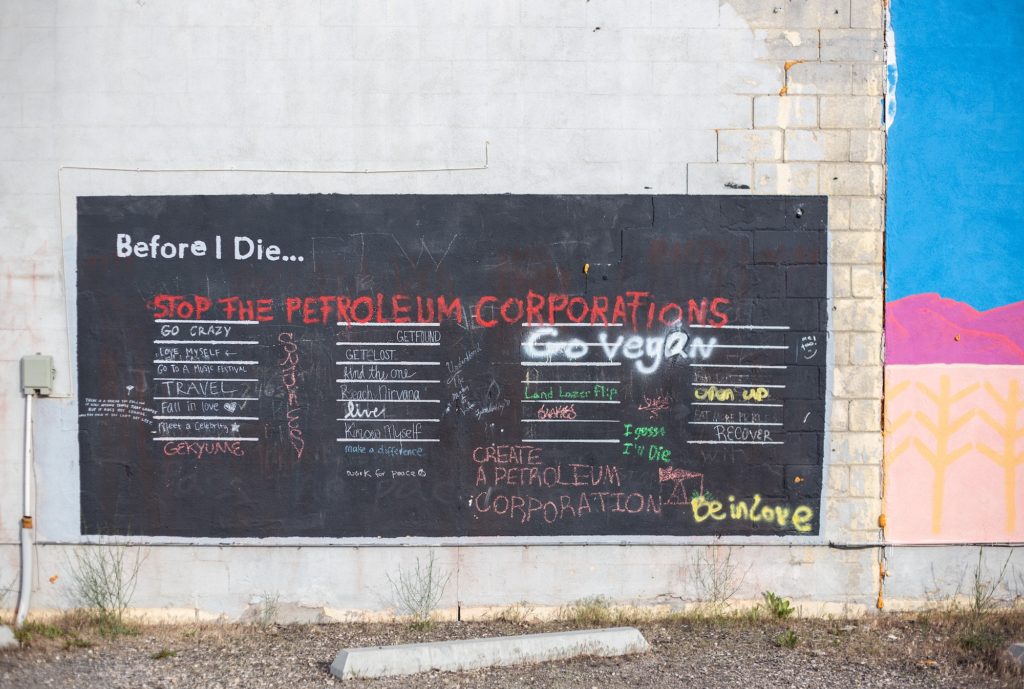
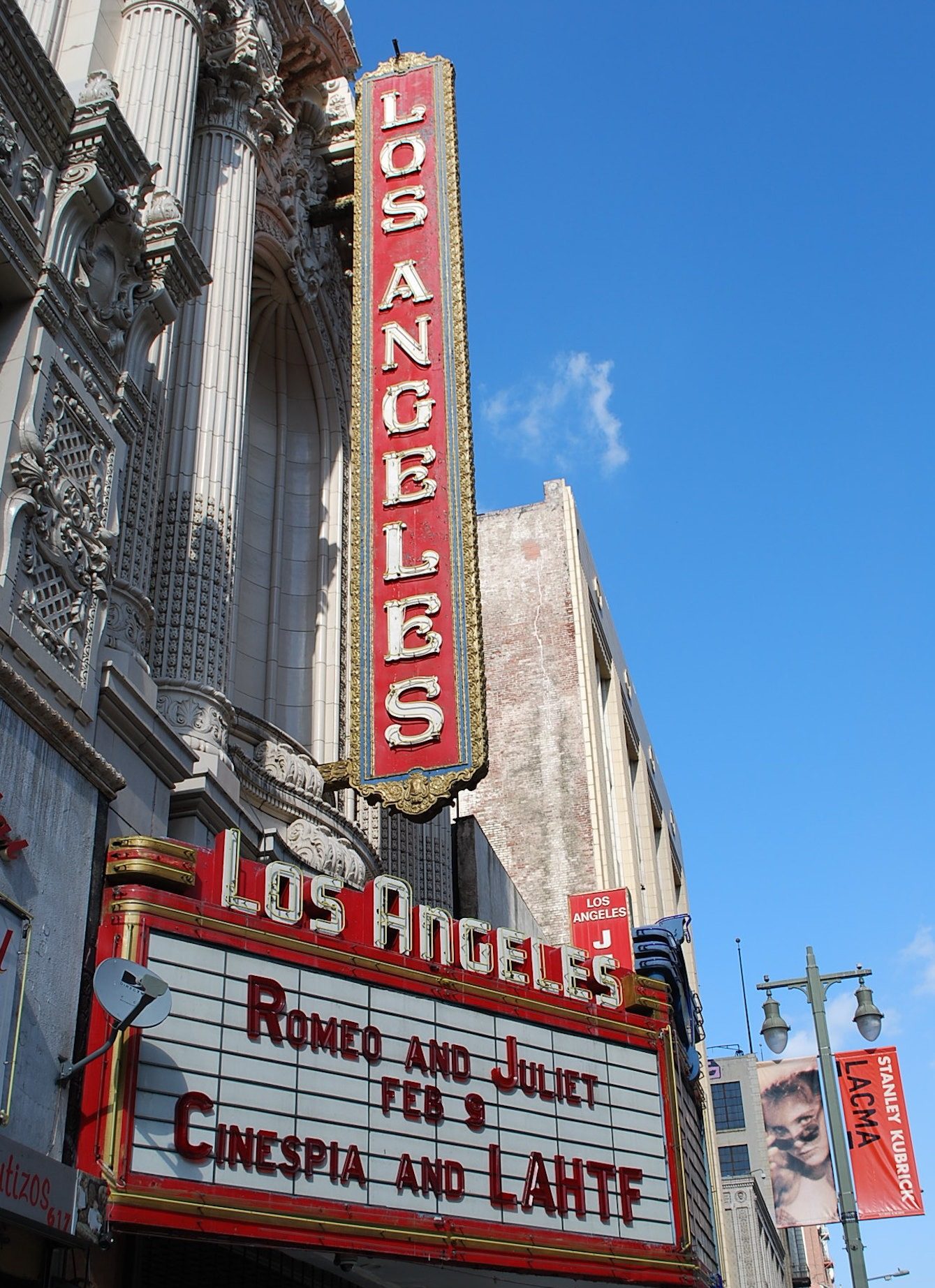
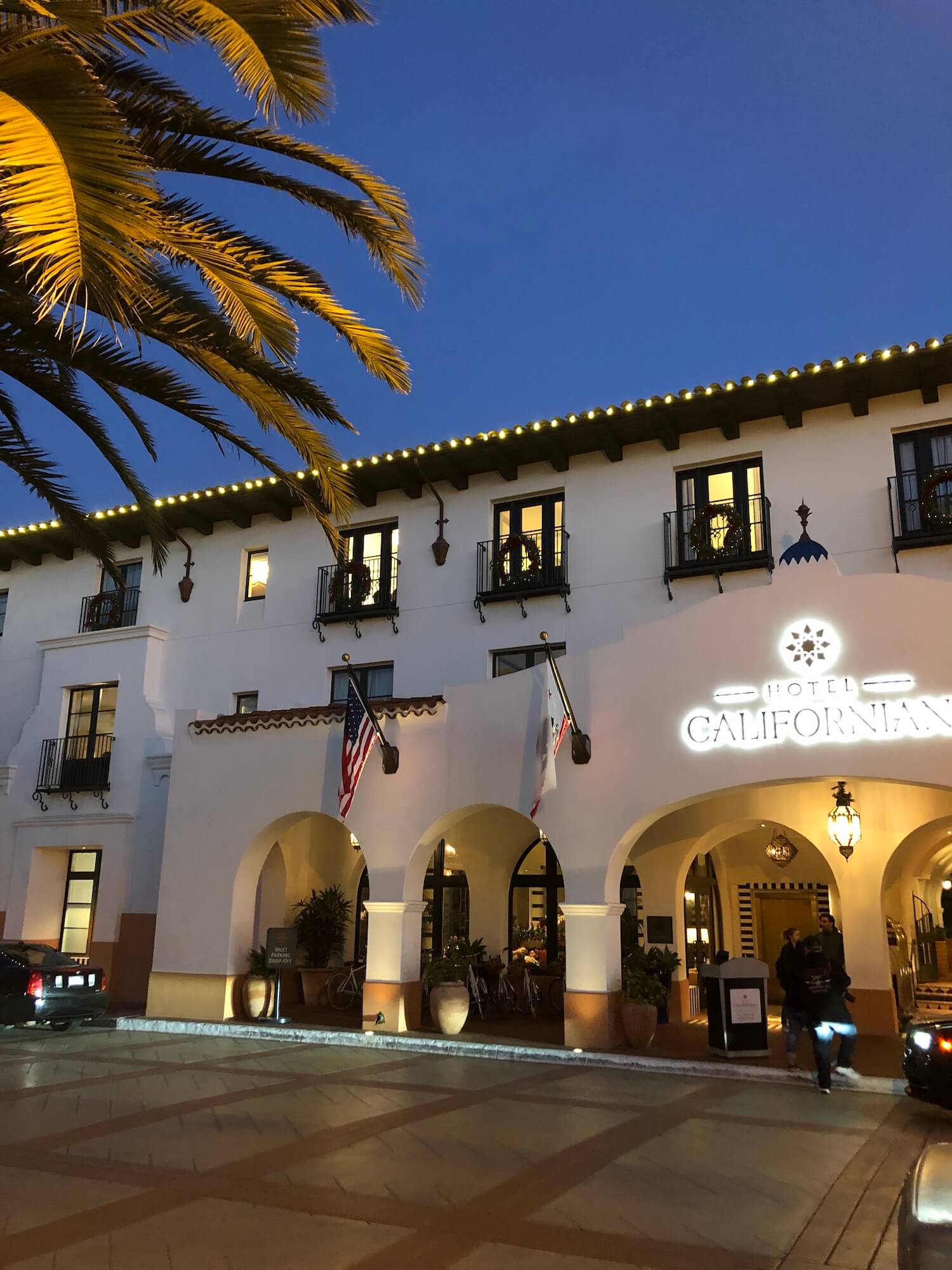
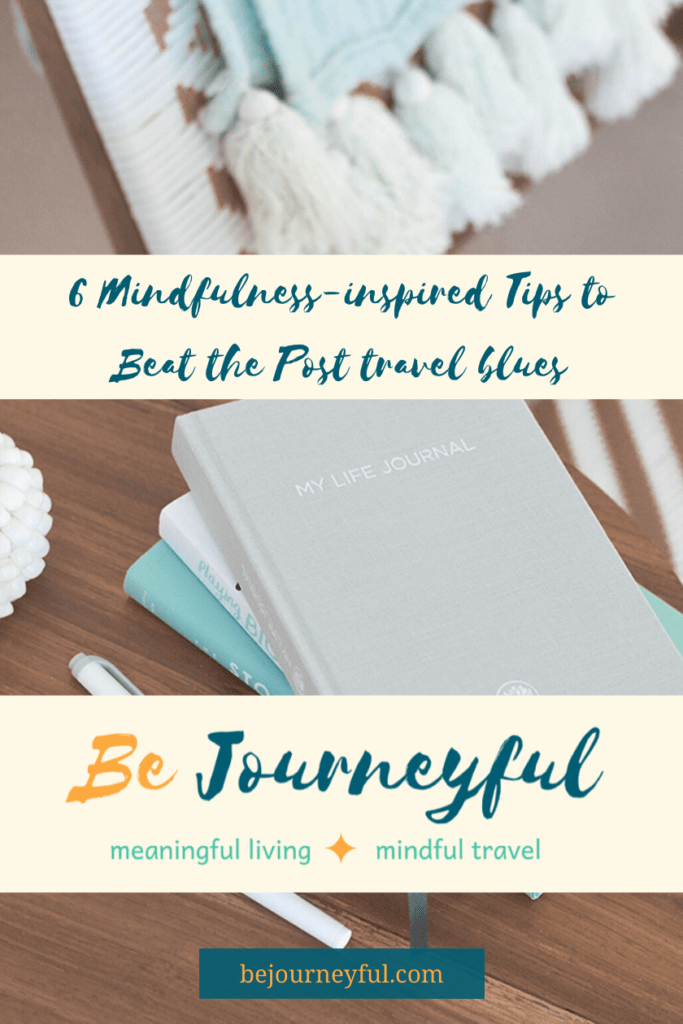
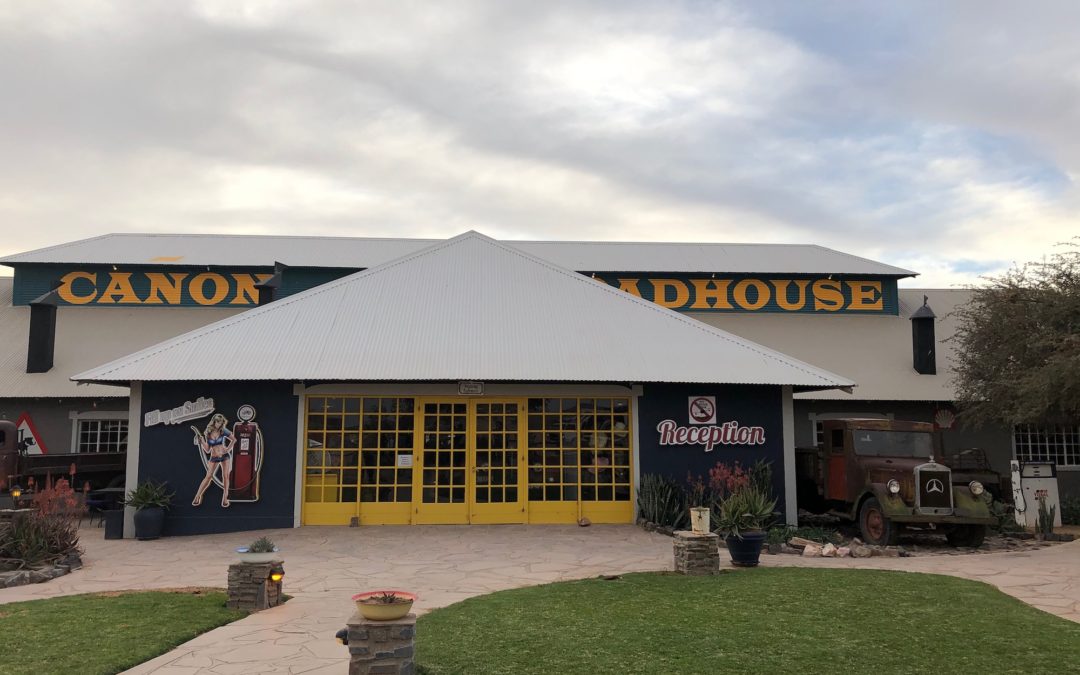



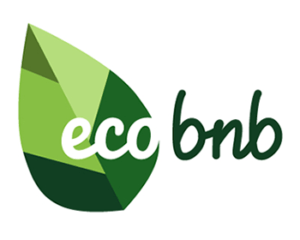
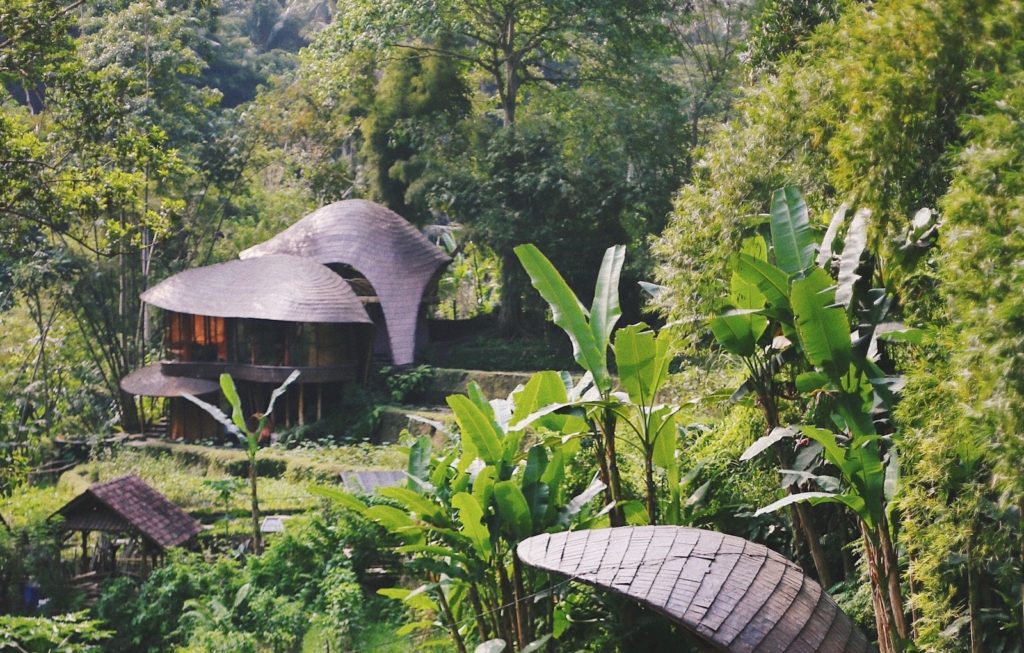
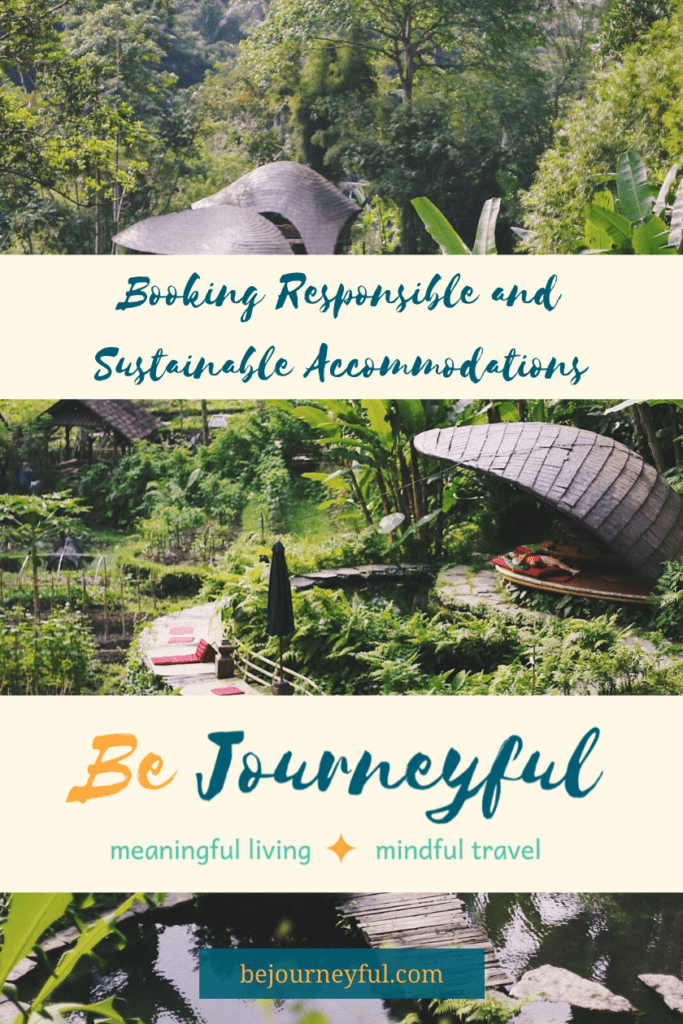
Recent Comments